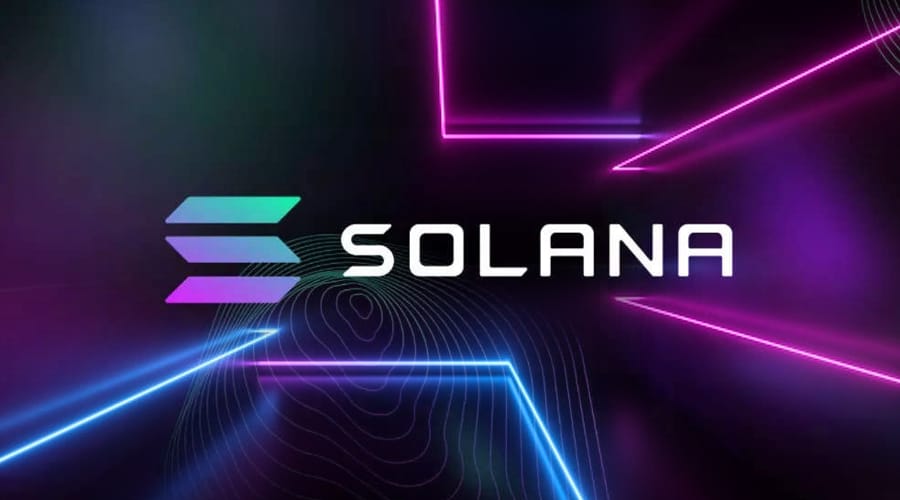It is now official – Coinbase has listed Solana-Based project tokens for the first time. In addition, it is reported that Coinbase has started accepting inbound transfers of two Solana ecosystem tokens, FIDA and ORCA, confirming CoinDesk’s earlier reporting. The announcement was made in a tweet that revealed that as per a new policy, the expansion adds SPL tokens (Solana’s ERC-20 equivalent) to Coinbase’s token menagerie for the first time.
Solana price jumps 17 percent
Solana’s SOL jumped 17% in the past 24 hours to regain the $100 and above level after the news.
Inbound transfers for Bonfida (FIDA) and Orca (ORCA) are now available on @Coinbase and @CoinbaseExch in the regions where trading is supported. Trading is not enabled at this time. Trading will begin on or after 9AM PT on Tuesday, February 1, if liquidity conditions are met. pic.twitter.com/0dtwx0CcgD
— Coinbase Assets (@CoinbaseAssets) January 31, 2022
It previously stuck to layer one coins and tokens built atop the Ethereum blockchain.
Inbound transfers for Bonfida (FIDA) and Orca (ORCA) are now available on @Coinbase and @CoinbaseExch in the regions where trading is supported. Trading is not enabled at this time. If liquidity conditions are met, trading will begin on or after 9 AM PT on Tuesday, February 1.
Both Orca and Bonfida are decentralized exchanges for Solana-based assets, including wrapped tokens. As soon as the news broke, ORCA rallied before giving much of the gains back by press time. FIDA dropped.
This throws up an important question- Does “more tokens” mean less “Coinbase effect”? This question needs to be pondered upon, especially after the announcement by CEO Brian Armstrong’s tweeted plans to list “every” asset where possible.
The stated mission to list every allowable crypto is a huge step forward, with plans to list Solana’s answer to the ERC-20. The US-based crypto exchange has already made it clear that it plans to enable withdrawals of SPL, or “Solana Program Library,” tokens – Solana’s answer to Ethereum’s ERC-20. Solana-native USDC, with its $4.8 billion in circulating supply, would be among the supported assets.


